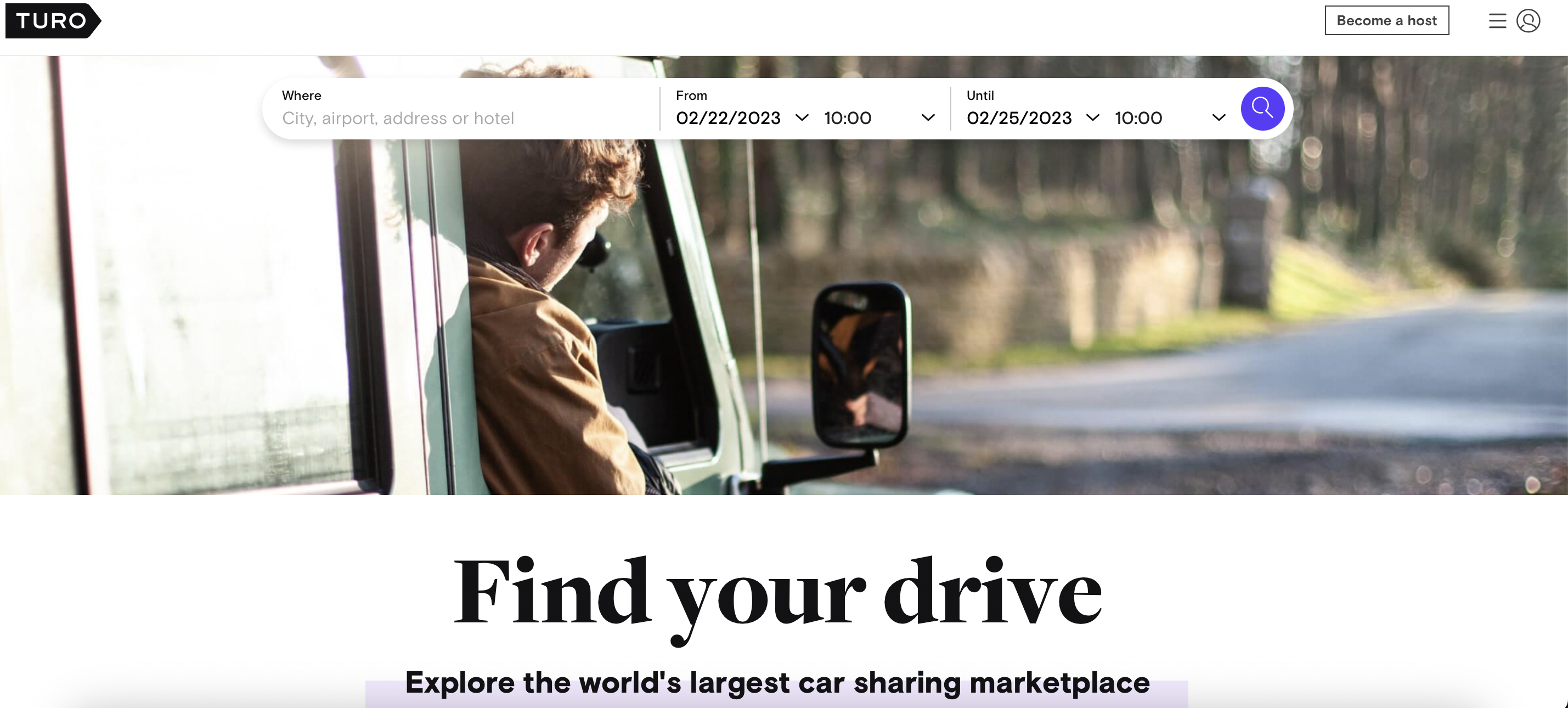Turo Listing Requirements: A Comprehensive Guide
As with any platform that connects renters and hosts, Turo has a set of listing requirements that hosts must meet in order to participate in the program. These requirements help to ensure the safety of renters and the quality of the vehicles being rented out. In this article, we’ll take a closer look at the Turo listing requirements and what hosts need to do to meet them.

Turo Listing Requirements: A Comprehensive Guide
Eligibility Requirements
The first set of requirements that Turo hosts must meet are the eligibility requirements. These include:
- Hosts must be at least 21 years old
- Hosts must have a valid driver’s license
- Hosts must have a vehicle that meets Turo’s requirements
- Hosts must have insurance that covers their vehicle while it is being rented out on Turo
These requirements ensure that hosts are responsible and legally able to rent out their vehicles on the platform.
- See also: 21 Turo Car Description Examples
- See also: 20 Turo About Me Examples
- See also: 30 Turo Host Reviews Examples
- See also: Understanding Turo Insurance: What You Need to Know
Vehicle Requirements
Turo has specific requirements for the vehicles that hosts can list on the platform. These requirements are in place to ensure that the vehicles are safe and in good condition for renters. The vehicle requirements include:
- The vehicle must be a 2006 model year or newer (in the US and most other countries)
- The vehicle must have less than 130,000 miles
- The vehicle must be registered in the host’s name and in the host’s possession
- The vehicle must be properly maintained and free from major mechanical issues
- The vehicle must be clean and presentable for renters
- The vehicle must have a current safety inspection (in certain countries)
In addition, Turo has specific requirements for certain types of vehicles, such as luxury and high-performance cars. Hosts who want to list these types of vehicles may need to meet additional requirements, such as having a high level of experience with driving and maintaining these types of cars.
Insurance Requirements
One of the most important requirements for Turo hosts is insurance. Hosts must have insurance that covers their vehicle while it is being rented out on the platform. Turo offers its own insurance policy, which hosts can purchase, or hosts can use their own personal insurance policies as long as they meet Turo’s requirements.
The insurance requirements for Turo hosts include:
- Hosts must have comprehensive and collision insurance that covers their vehicle up to its actual cash value
- Hosts must have liability insurance that meets the minimum requirements for the state or country where the vehicle is located
- Hosts must provide proof of insurance to Turo before listing their vehicle
By requiring hosts to have insurance, Turo helps to ensure that renters are protected in case of an accident or damage to the vehicle.
Listing Requirements
Once hosts have met the eligibility, vehicle, and insurance requirements, they can create a listing for their vehicle on the Turo platform. However, there are still several requirements that the listing itself must meet. These include:
- The listing must include accurate and complete information about the vehicle, including its make, model, and year, as well as any special features or restrictions
- The listing must include high-quality photos of the vehicle, both inside and out
- The listing must include a detailed description of the vehicle and its features
- The listing must include the vehicle’s location and availability
- The listing must include the rental price and any additional fees or charges
By requiring hosts to create accurate and detailed listings, Turo helps to ensure that renters have all the information they need to make an informed decision about which vehicle to rent.
Communication Requirements
Finally, Turo has communication requirements that hosts must meet in order to participate in the program. These requirements include:
- Hosts must respond to rental requests and messages from renters
- Hosts must be available to coordinate the pickup and dropoff of the vehicle with renters
- Hosts must be responsive to any issues or concerns that renters may have during the rental period
- Hosts must follow Turo’s policies and guidelines for communication with renters
- By requiring hosts to be responsive and communicative, Turo helps to ensure that renters have a positive experience and that any issues or concerns are addressed in a timely manner.
Conclusion
In conclusion, the Turo listing requirements are in place to ensure that hosts are eligible, their vehicles are safe and in good condition, they have proper insurance coverage, their listings are accurate and detailed, and they are responsive and communicative with renters. By meeting these requirements, hosts can participate in the Turo program and earn money by renting out their personal vehicles. Renters, in turn, can benefit from a wide range of vehicles at competitive prices, with the peace of mind that comes from Turo’s safety and insurance policies.